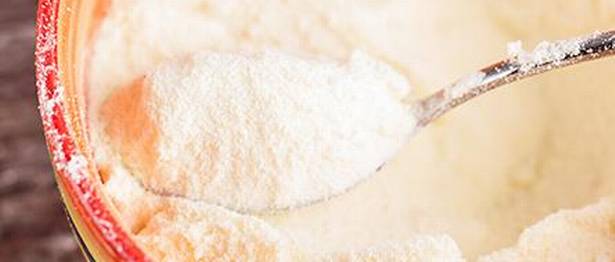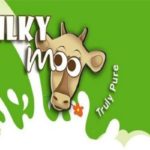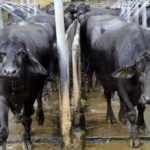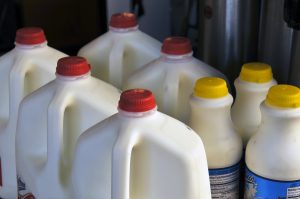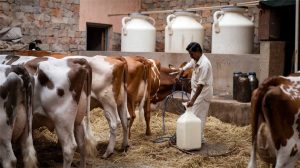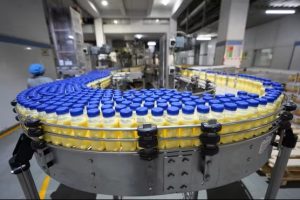
In a notification on Tuesday, June 23, the Union Ministry of Finance exempted imports of milk and cream in powder, granules or in other solid forms into India under the TRQ quantity. The notification allows 10,000 tonnes of imports for the fiscal with 15 per cent tariff on imported quantity.
Earlier, in a notification dated June 30, 2017, the Tariff Rate Quota (TRQ) of 10,000 mt was fixed at 15 per cent tariff rate. But in February this year , this provision was deleted from the notification. But now with the latest notification on Tuesday, the status quo ante has been restored.
Excess supplies
Notably, the private players may not be able to directly import, as only government agencies, including State Trading Corporation, National Dairy Development Board (NDDB), National Cooperative Dairy Federation (NFDF), Nafed, etc are allowed. This decision, according to dairy experts, will do more harm to sentiments than the actual imports.
“The sentiments will affect the market more than the actual imports. This will further push down the SMP prices and cause sentimental damage to the farmers, who are already going through a pain and this will add to it,” RG Chandramogan, Chairman of Hatsun Agro Group, told Businessline.
While the Ministry’s decision is seen as a benefit for consuming industry such as ice cream makers, they don’t see it happening.
“Currently, SMP prices have dramatically reduced due to lack of demand. (Therefore), this quota may not be utilised unless specific requirements. Everywhere there is surplus stocks. This will further push prices down,” said Rajesh Gandhi, President, Indian Ice Cream Manufacturers Association. The SMP prices have already touched ₹180 per kg in the local markets, which was ₹310 in February this year.
The National Dairy Development Board (NDDB), however, termed the decision as a strategic step to stabilise the domestic market, when the prices shoot up. Dilip Rath, Chairman, NDDB, said, “Although as a matter of policy, Government of India has been discouraging the imports of milk powder in the interests of millions of small dairy farmers in our country, in the past, it has resorted to the strategic imports of small quantities of milk powder to stabilise market and prices in the interest of both milk producers and consumers.”
Per the data, import of 10,000 tonnes of milk powder will be equivalent to 0.11 million tonnes of liquid milk, representing a minuscule 0.059 per cent of 187.70 million tonnes of milk production in India during 2018-19. “The provision of this small window of TRQ will enable GoI to have the option of restoring to strategic import to stabilise the domestic market, if the need arises, by judiciously channelizing it through specific designated agencies,” Rath said.
However, the import decision seem to have gone down well with either the consuming industry or with the milk producing sector. Devendra Shah, Chairman, Parag’ Milk Foods, said, “The quantity allowed is negligible. But when there is ample supplies in the domestic market, this will only add to the farmers’ woes with a weakened price sentiment. Second, in stead of opening imports, the government should have incentivised the exports so as to benefit the farmers.”
